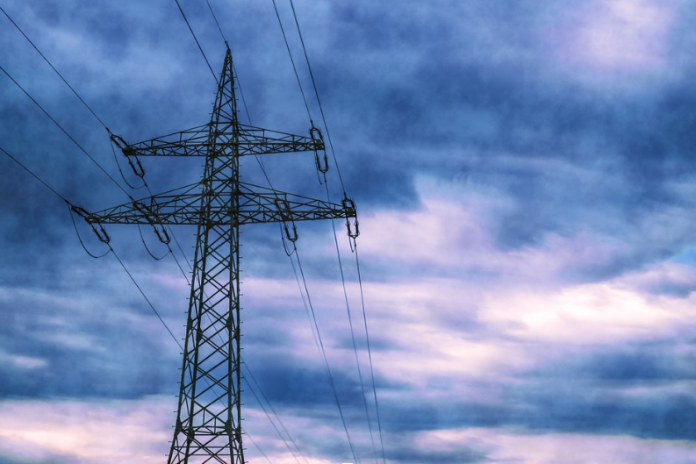With the increase in energy prices, many business owners are now looking for business energy suppliers with great deals. Before you switch energy suppliers, you need to compare business energy tariffs. When switching business energy, you can have the option of choosing between a no standing charge tariff and a standard tariff. Remember that you can reduce your business energy bills by choosing the right business energy tariff. This article discusses a zero standing charge tariff.
A standing charge
A standing charge refers to a fixed daily fee that you need to pay your business energy provider. The fee covers some costs of your energy supplier. This includes keeping your business premises connected to the electricity or gas supply. It also covers the costs associated with carrying out meter readings and meeting payments for government initiatives.
It’s worth mentioning that the standing charge is not related to your energy usage. Therefore, you need to pay it even if you utilized no energy that day. And, if you have a dual energy tariff, then you can pay both a business electricity standing charge and a business gas standing charge. The standing charge can often be displayed on the energy bill.
A no standing charge tariff
A no standing charge tariff is when there is not any cost of the standing charge. Therefore, you have to pay your business energy supplier for the energy your business uses. A unit rate can often be higher when there is a zero standing charge tariff. But you can lower your overall energy bills, though it depends on the amount of electricity and gas you use.
The good thing about a zero standing charge tariff is that you tend to pay for the energy your business utilizes and the energy bills can be easier to calculate. However, the unit rate is usually higher than business energy tariffs that have a standing charge. Also, a zero standing charge tariff can increase your business bills, especially if there is high energy consumption.
A zero standing charge is suitable for a business that operates infrequently. If your business is not operating, you can get any standing charges with low energy usage. Regardless of whether your business operates in the summer months or on weekends, a zero standing charge can lower your energy bills.
Also, the amount of energy your business utilizes can also affect whether or not a zero standing charge tariff is good for you. A business with high energy consumption can get more expensive energy bills because of the higher unit rates. But if the energy usage is quite low, a zero standing charge can also reduce your business energy costs.
Switching to a zero standing charge tariff is easy. Most business energy suppliers offer zero standing charge energy tariffs. When switching business energy tariffs, you must make sure that you compare the cost of any electricity or gas contract. You should also check the full cost of the potential energy tariff based on the estimated usage. This will help you to figure out whether or not a zero standing charge tariff is right for you.

